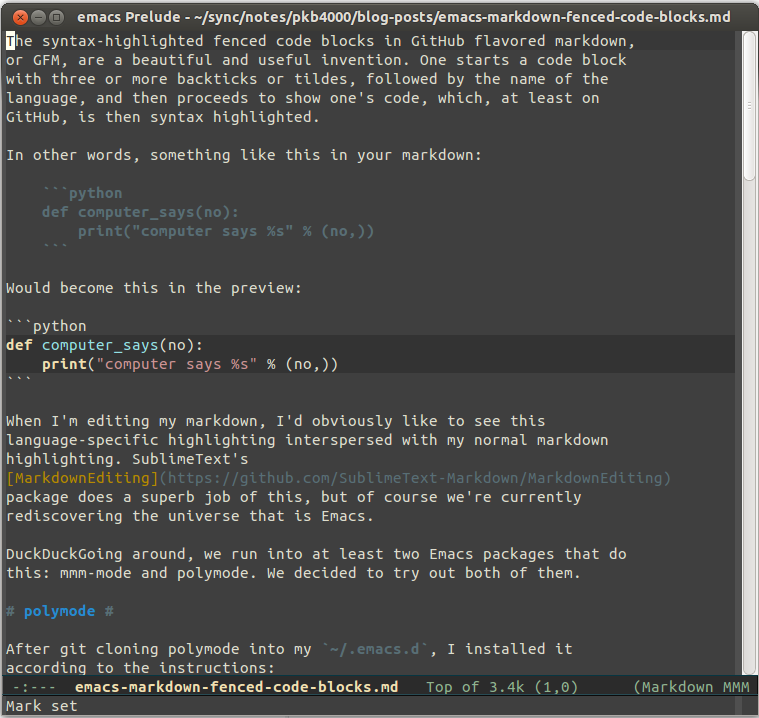
Usually means elisp files useful to emacs lisp coders. Usually refers to elisp files useful for emacs users. These words are used losely, and do NOT have TECHNICAL definitions in elisp. What is the difference between a Package and Library? If you are writing a major mode, have your package installation go by autoload if possible. When the function is called, load the file, and execute the function. autoload associates a function name with a file path. Load a file only when a function is called. autoload (autoload FUNCTION FILE &optional DOCSTRING INTERACTIVE TYPE) (load-file file_name) just calls (load (expand-file-name file_name) nil nil t). The file name argument should contain file name extension, such as.
#Emacs load path full#
Use this when you have a specific full path of a file in mind. el, and others, and finally try just FILE as given.įor example, if you (load "x"), it'll try elc to the argument FILE, and if none found, it'll try appending. If no optional argument is given, it'll try to load the FILE by searching for it in a list of directory stored in variable load-path, by first appending. Load (load FILE &optional NOERROR NOMESSAGE NOSUFFIX MUST-SUFFIX) When the function is called and it's not already found in symbol table, it calls load to load the associated file and run the function. autoload associates a symbol name (a function) with a file name.require calls load when the required symbol is not already loaded.

And search load-path if the file is not full path. load is the core function to read a emacs lisp file.To load a file in your LoadPath, use M-x load-library file RET.Here's a summary of emacs lisp file loading system. To load a particular file, use M-x load-file path/to/file.el RET. In this example, if the library tabbar isn’t available, Emacs will simply put a message in the echo area to that effect, and won’t even try to call global-set-key. emacs on different machines, not all of which have the same libraries available. This is particularly handy when you use the same. But you don’t want to attempt the binding if the library wasn’t present, because that will throw an error, or something. A typical use is: you want to load a library, and then bind some function from that library to a key.
#Emacs load path how to#
Here’s how to do stuff only if a library successfully loads. (load-directory "~/bunch/of/lisp/") Conditional loading (mapc load-it (directory-files dir nil " \\.el$")))) (load-file (concat (file-name-as-directory dir) f))) This snippet loads all *.el files in a directory. elc files in a directory: ( require ' load-directory) Load-directory.el can be used to load all the. Note that when you start using files in the LoadPath, you may end up having to deal with ConflictingLibraries.

You can check the values of variables using ‘C-h v’.

These features are recorded in the ‘features’ variable. This will load the files with the same name, and these files must ‘provide’ the feature. Thus, in your package, you can ‘require’ several so-called features. Using ‘require’ adds a dependency: Not only must a file with the same name (plus “.el” or “.elc” extension) exist, but in that file, Emacs wants to see a statement such as this: ( provide ' foo) To load the file only if it hasn’t been loaded already, use ‘require’: ( require ' foo) If you have “~/elisp/” in your LoadPath, then you can use just (load This will load the CompiledFile (having the “.elc” extension) if it exists, otherwise the source file (with “.el” extension). In order to load a file from EmacsLisp, use ‘load’.


 0 kommentar(er)
0 kommentar(er)
